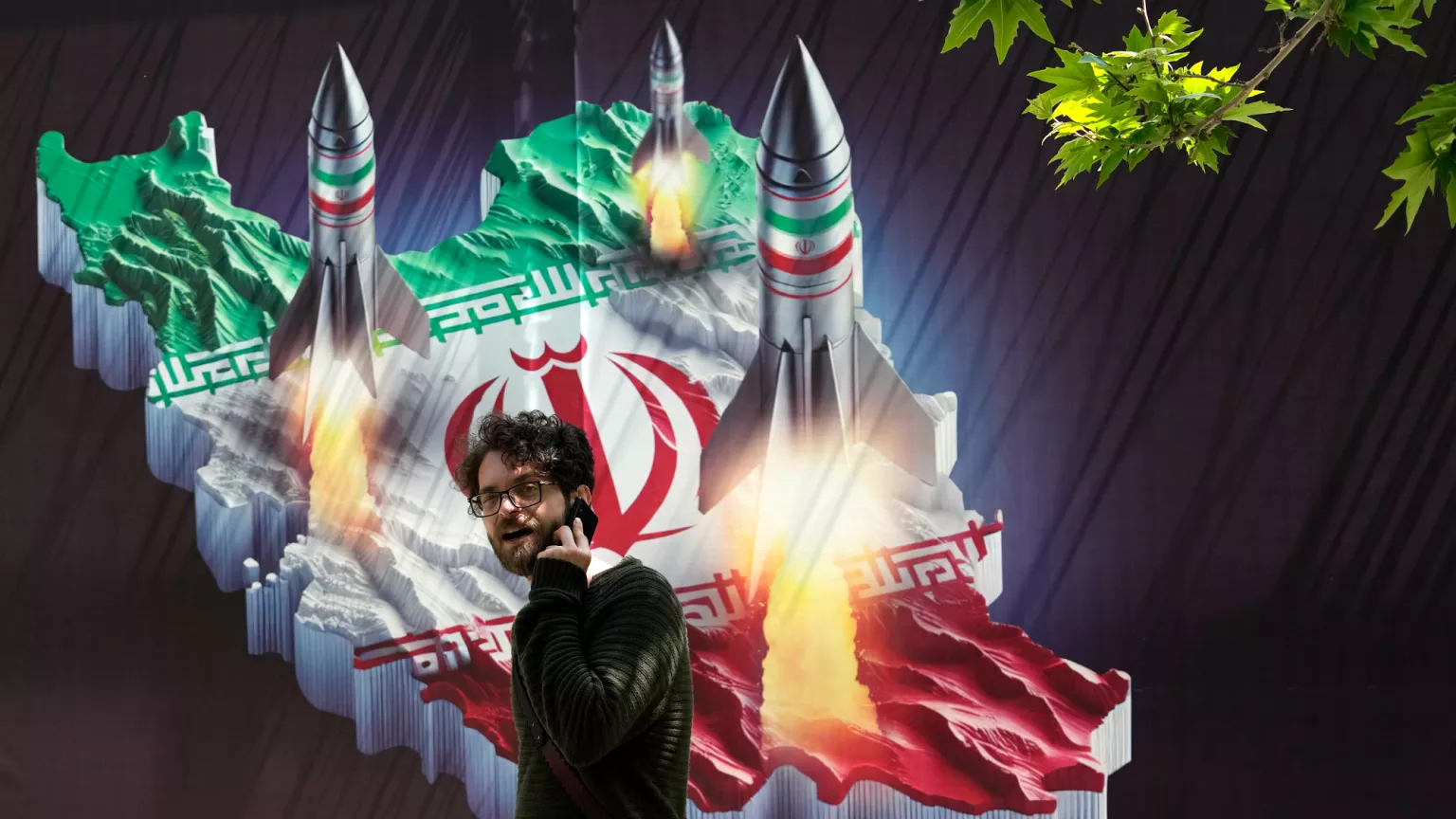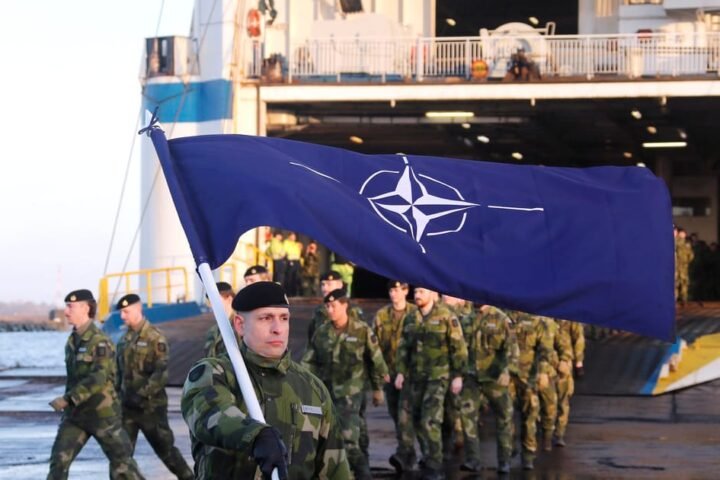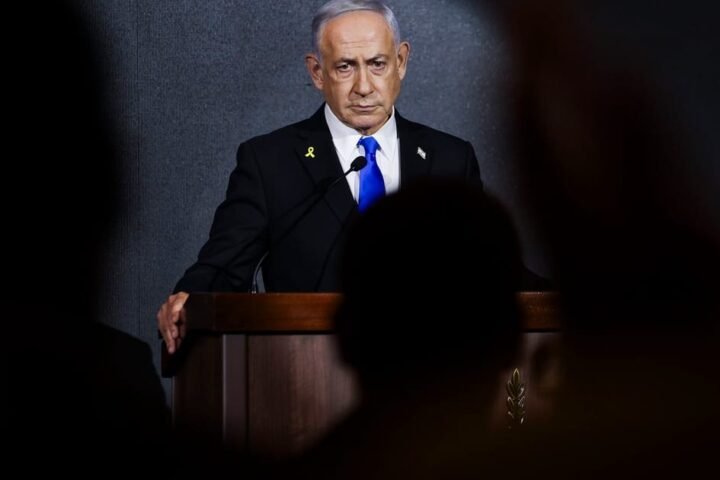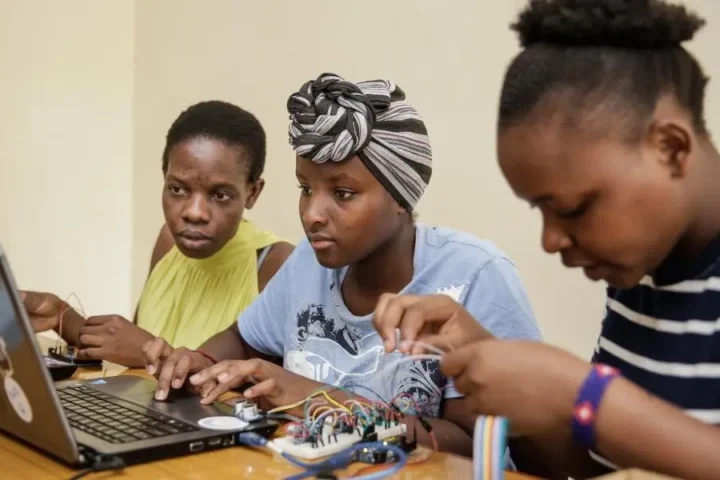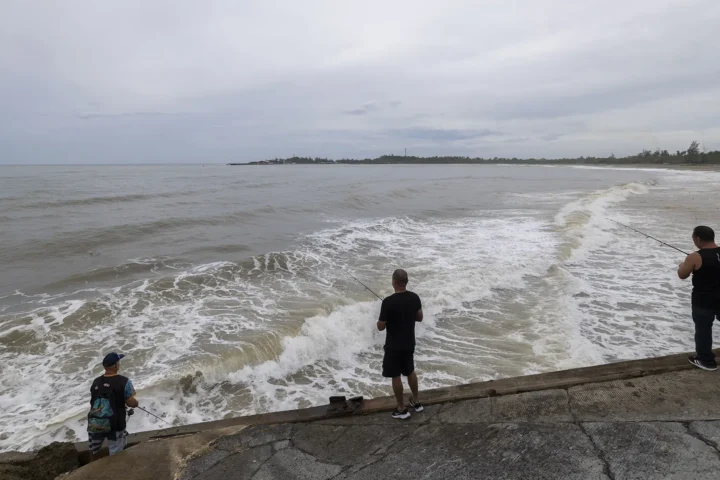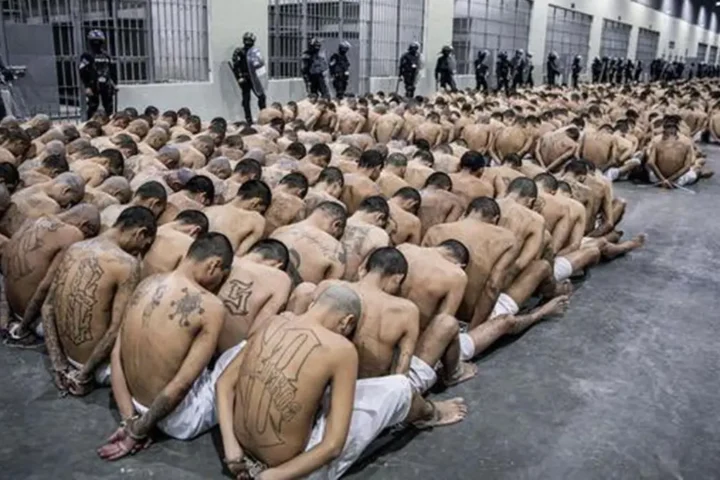In the early hours of 13 June 2025, Israel launched a major preemptive strike on Iranian nuclear and military sites, intensifying tensions in an already fragile region. The assault came just months after Iran signed a Comprehensive Strategic Partnership Agreement with Russia—a deal that, at least on paper, bound the two countries in a deeper alliance. Yet, when it came to action, Russia was noticeably silent.
Strategic Partnership in Name Only?
While Moscow touts its strategic partnership with Tehran as vital to “regional stability,” its inaction in the wake of the Israeli attack tells a different story. No defensive measures. No political retaliation. Not even a strong diplomatic statement. Instead, the Kremlin watched in silence as its supposed ally came under fire.
This is not merely a diplomatic misstep—it’s a credibility crisis. For a country that claims to be a balancing force in global affairs, Russia’s failure to even attempt de-escalation is both revealing and damning.
Moscow’s Pattern of Passive Alliances
This isn’t the first time Russia has abandoned an ally when the stakes were high. During the Second Nagorno-Karabakh War, Moscow did little to support Armenia, a fellow member of the Collective Security Treaty Organization (CSTO). That silence sent shockwaves through former Soviet states and raised concerns about the value of Russian security guarantees.
Now, Iran faces a similar reality: a strategic partnership with Russia doesn’t equal protection. Despite high-level meetings and diplomatic pageantry, Tehran received no real support from Moscow—military, political, or symbolic.
Selective Solidarity: Opportunism Over Obligation
Russia’s foreign policy remains opportunistic, stepping in only when there’s direct benefit or minimal risk. Take, for example, Kazakhstan in 2022, when Russia swiftly deployed CSTO troops to quell unrest. The difference? In Kazakhstan, the Kremlin saw potential to secure its sphere of influence. In Iran’s case, the risk of clashing with Israel—and by extension, Western powers—proved too high.
This double standard undermines Russia’s position as a reliable partner, especially as it tries to cement influence in the Middle East and Central Asia.
The Fallout: Eroding Trust and Regional Realignment
Russia’s failure to act signals to potential and existing partners that its commitments are conditional and inconsistent. For countries like Iran or Armenia, this marks a turning point—forcing them to reconsider the viability of alliances with Moscow.
In a world where trust is currency, Russia’s geopolitical capital is depreciating. And as it falters, others—China, Turkey, and the West—are ready to step in and reshape the balance of power in regions long considered within Russia’s sphere of influence.
A Weak Link in a Fractured Chain
At a time of escalating global uncertainty, Russia’s non-response to Israel’s strike serves as a clear indicator of its shrinking influence and unreliable leadership on the world stage. Its failure to defend a strategic partner like Iran doesn’t just harm bilateral ties—it sends a chilling message to any nation considering alignment with the Kremlin: Russia’s promises are only as strong as its convenience.
